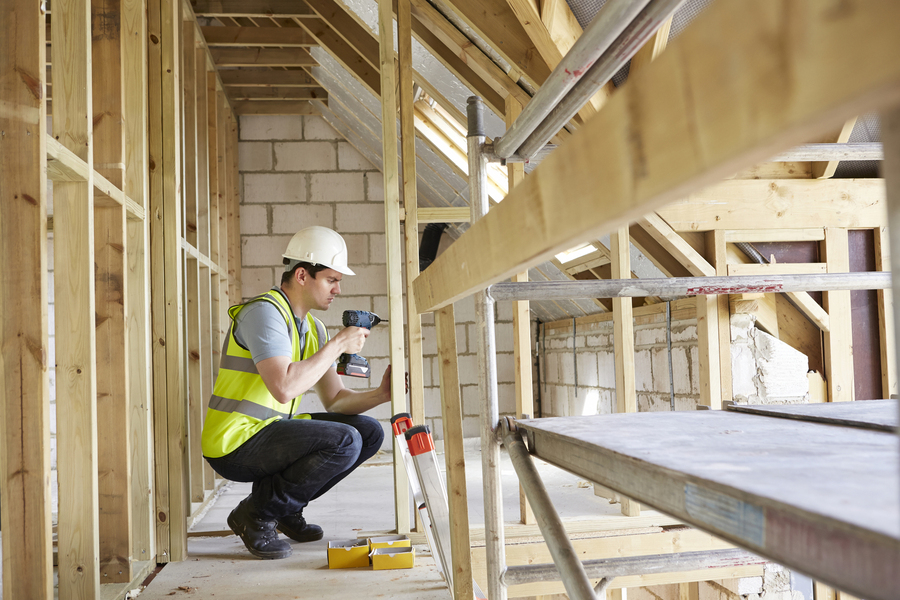Last Updated on October 24, 2023 by Richard Lyall
The present housing supply crisis is very real and shows no signs of abating, according to recent reports. Surging immigration numbers and a rise in household formation will only add to the demand.
The Canada Mortgage and Housing Corporation concluded in a recently released report that the country would need to build an additional 3.5 million new homes by 2030 to improve affordability. Sadly, we are averaging only 200,000 to 300,000 new units per year across the country.
Although the situation looks dire, all is not lost. We can take decisive steps to remedy the problem. It is critical for governments at all levels – municipal, provincial, and federal – to take action now to reverse the course and free-up developers to get shovels in the ground for new housing.
All three levels of government can tackle the housing supply and affordability crisis by immediately adopting a series of recommendations aimed at speeding up dysfunctional planning approvals processes, allowing more infill development, lowering taxes, and embracing digitization.
RESCON has developed an action plan with very specific solutions that can be implemented immediately by each level of government. We have laid out five actions to be taken by each level of government.
The recommendations – 15 in all – would remove systemic barriers to residential construction and help the provincial government hit its goal of building 1.5 million new homes within the next decade.
In developing the plan, dubbed Housing Ontario’s People Everywhere (HOPE), we consulted a variety of industry stakeholders who are concerned about housing supply and affordability. The blueprint suggests five explicit measures that each level of government must take in order to improve the approvals system.
On the municipal front, we want changes implemented that will ensure planning and development divisions must expedite housing applications and approvals with mandated timelines.
Previous increases in taxes, fees, and levies, such as development charges, must also be reversed or reduced, the development approvals process must be digitized, and municipalities should be prohibited from using heritage designations to stop development, and reasonable densification particularly in Toronto.
The City of Toronto recently authorized a whopping 46-per-cent increase in development charges over the next two years at a time when government charges in the GTA are the highest in North America.
To make matters worse, these shocking changes are coming into effect at a time when the industry is dogged by supply chain and labour challenges, along with increased costs for materials and financing. Unstable market conditions and ever-increasing development charges are taking a toll.
In the GTA, fewer new condos are being launched. About 35,000 new units were originally expected to launch for pre-construction sale in the GTA this year but it looks like roughly 10,000 of those units have now been put on the backburner, according to figures released by Urbanation Inc.
On the provincial front, RESCON wants the province to mandate that major municipalities have an independent planning and development ombudsman to ensure applications are not delayed.
We also want the appointment of additional members to the Ontario Land Tribunal to be expedited and adjudication timelines to be compressed.
Policies should be implemented that require municipalities to permit maximum reasonable residential development on sites and legislation to be enacted to abolish policies that prohibit forms of reasonable light densification.
On the federal front, we want an exemption or rebate on HST collected on the construction of homes, condos, and rental units, more tax incentive programs, and an immigration system that permits more foreign-trained skilled workers to come to Ontario. The feds must also put more effort into encouraging skilled workers to consider relocating to Canada and activate federally owned land for housing.
Sadly, Canada has the lowest amount of housing per capita and the highest cost of housing among the G7 nations. The estimated need in Ontario is great. The Housing Affordability Task Force and all provincial parties suggested we need 1.5 million new homes within the next decade alone.
To reach that target, the residential development industry requires stability, predictability, and certainty in its operations. Present regulations, policies, and approval timeframes are hindering the process.
We must do better. Implementing suggestions in RESCON’s action plan would be a positive step forward.
Richard Lyall is president of the Residential Construction Council of Ontario (RESCON). He has represented the building industry in Ontario since 1991. Contact him at media@rescon.com.

Richard Lyall is president of the Residential Construction Council of Ontario (RESCON). He has represented the building industry in Ontario since 1991. Contact him at media@rescon.com.









